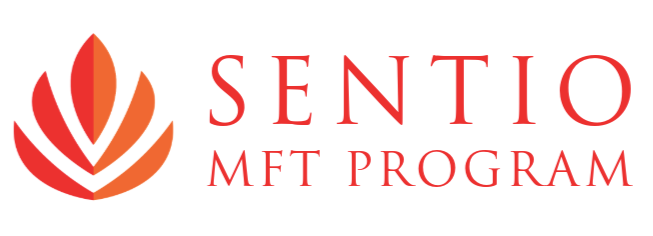Institutional Data and Outcomes
The School Performance Fact Sheet contains information about Sentio University institutional data.
Institutional Outcomes
Sentio University aspires to be an innovative leader for positive transformation within the field of psychotherapy and the global community as a whole. These aspirations are reflected in the following institutional outcomes:
- Contribute to a paradigm shift in the field of psychotherapy by using emerging research on Deliberate Practice to demonstrate how outcomes can be improved for all stakeholders in the field of mental healthcare
- Improve the way therapists are taught by using outcome data to demonstrate the success of Sentio University and making all curriculum open source
- Improve the way therapy is provided by promoting integration of practices demonstrated to best contribute to clinical effectiveness, such as Deliberate Practice and routine outcome monitoring
- Change the way consumers of therapy view the field by empowering clients to provide feedback and normalizing the importance of collaborative services
- Change the decades-long trend of psychotherapists on average not improving with experience
- Promote credible psychotherapy process and outcome research to improve the quality of services provided within the field of mental healthcare
- Improve the lives of community members and their families through delivery of psychotherapy services by Sentio University students and graduates
- Contribute to improved global wellness through ongoing innovation within the field of psychotherapy
Institutional Goals
The institutional outcomes listed above are achieved through impactful instruction, training, and student support. This is reflected in the following institutional goals:
- Provide training in empirically-validated psychotherapy theories, models, and methods that are appropriate for assessment, diagnosis, and treatment
- Offer programs that provide effective therapy to culturally diverse individuals, couples, and families to promote equity in mental healthcare
- Train students to incorporate outcome data in their professional development for ongoing accurate assessment of baseline skill levels
- Train students to incorporate Deliberate Practice for targeted skill-building to promote continued improvement of therapeutic ability over the course of their professional careers
- Train students to enhance the profession through clinical research
- Support the personal and professional fulfillment of students by helping them identify areas of interest and cultivate growth within those niches
- Move the field of psychotherapy forward by demonstrating how to graduate students who collectively achieve above-average client outcomes

